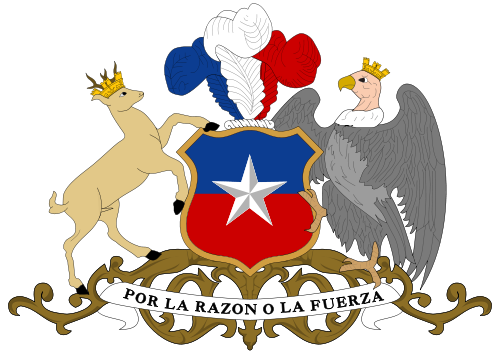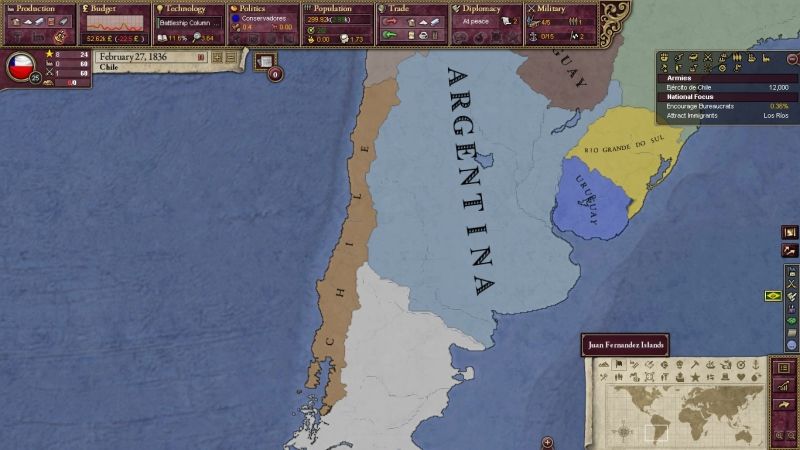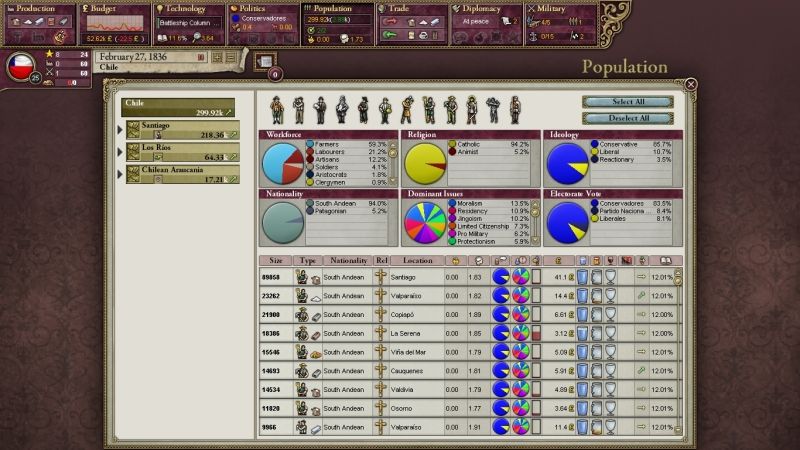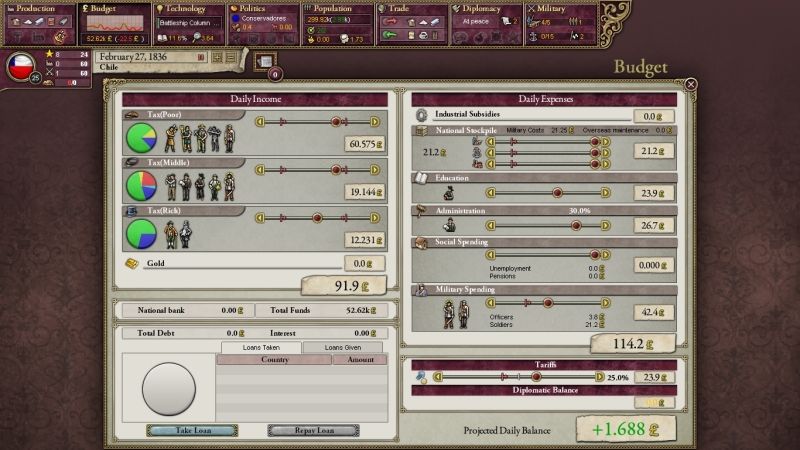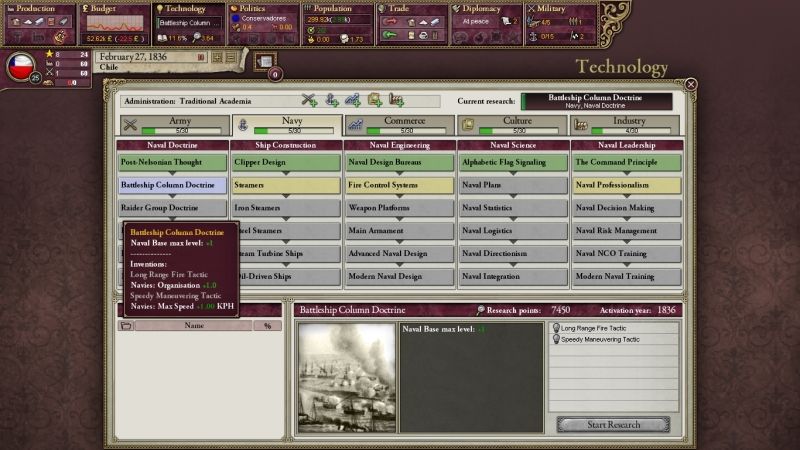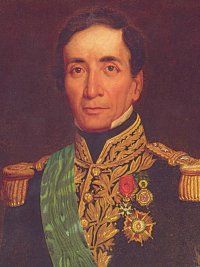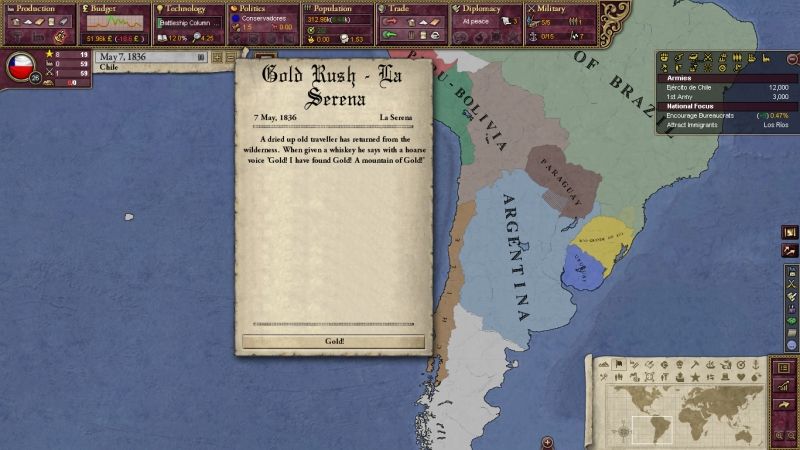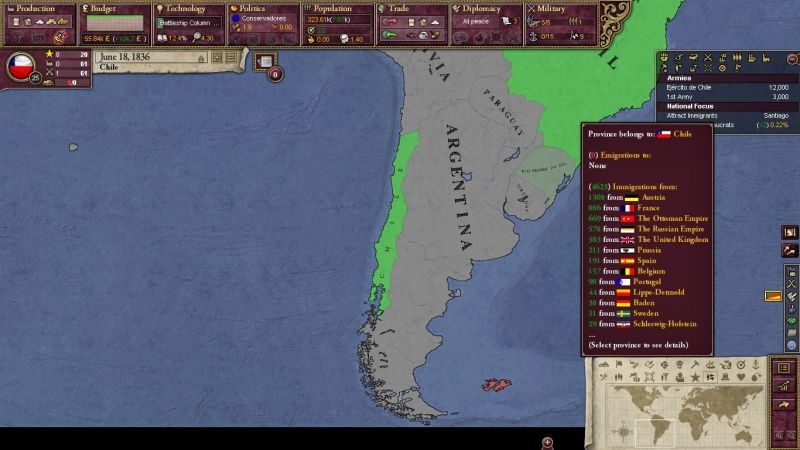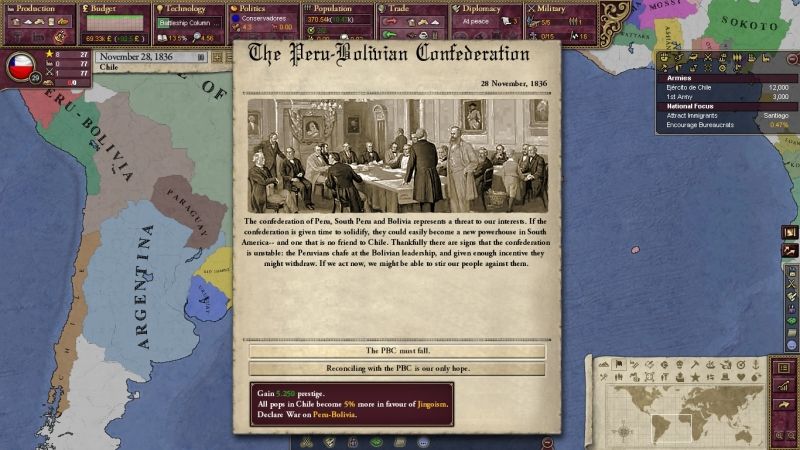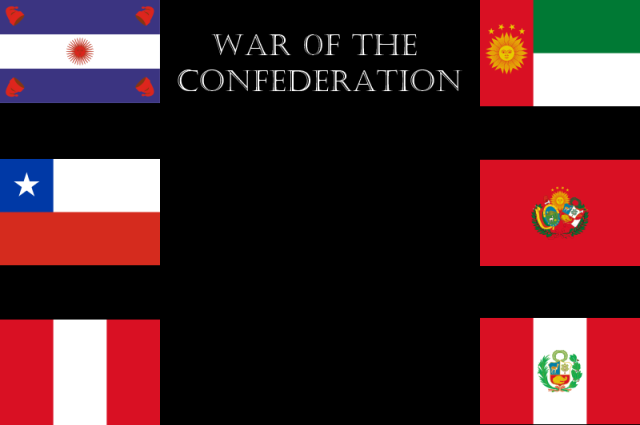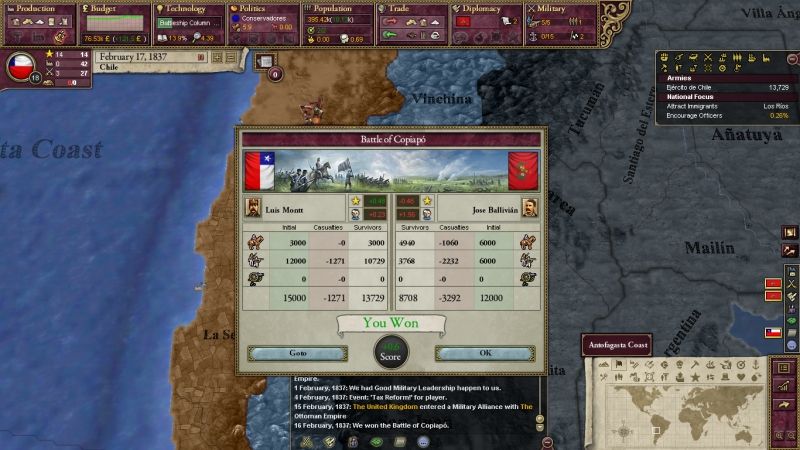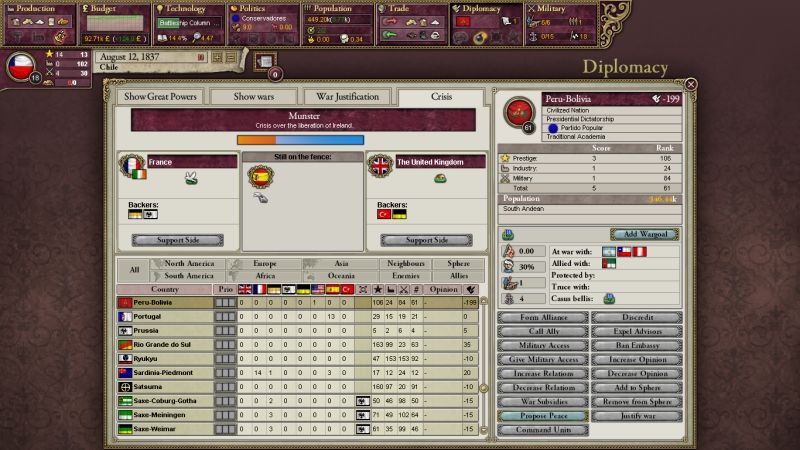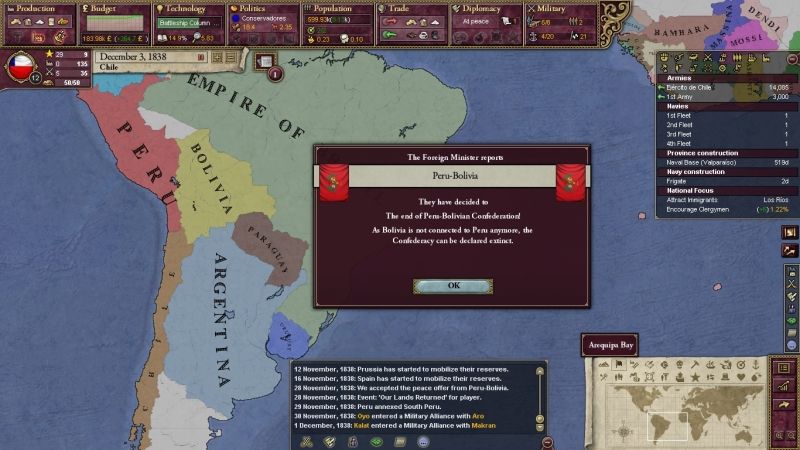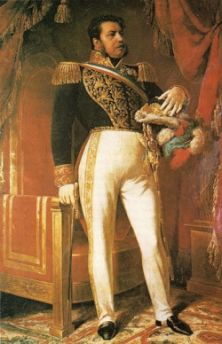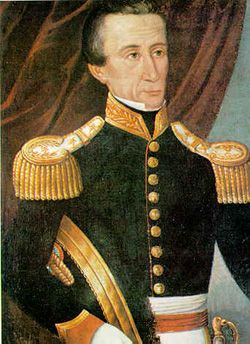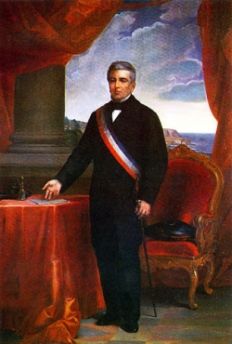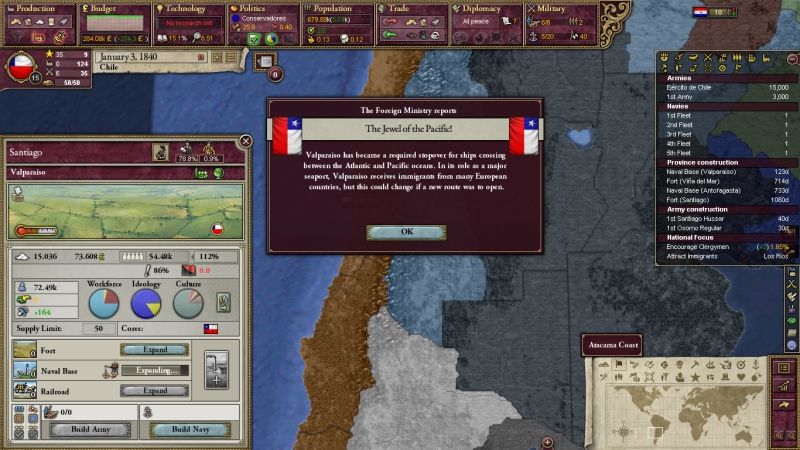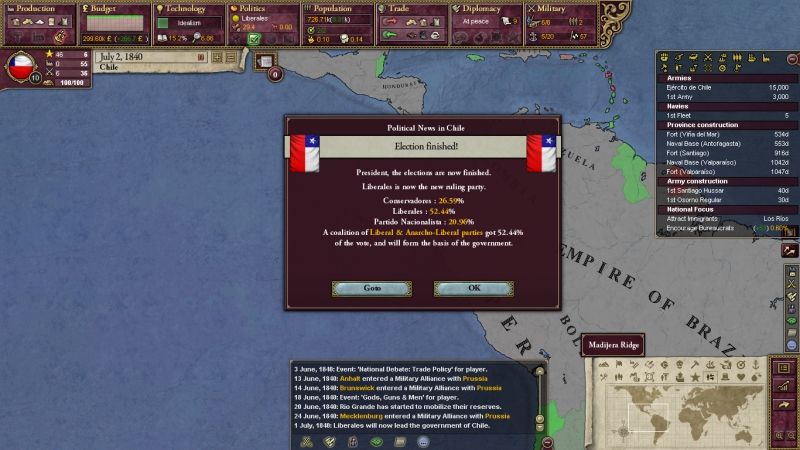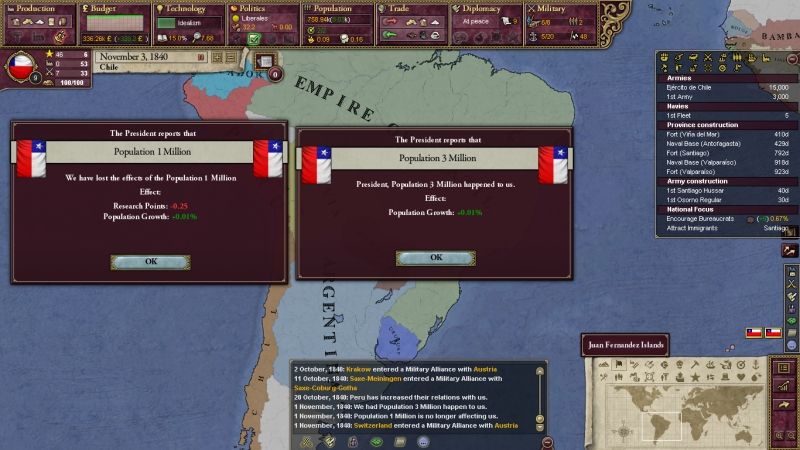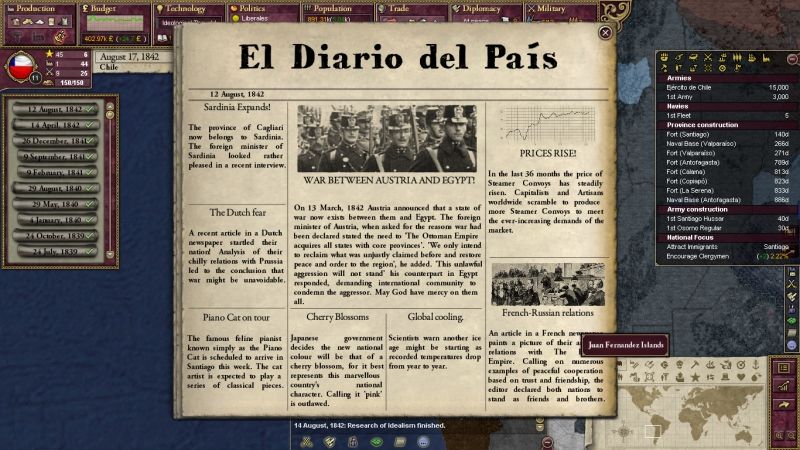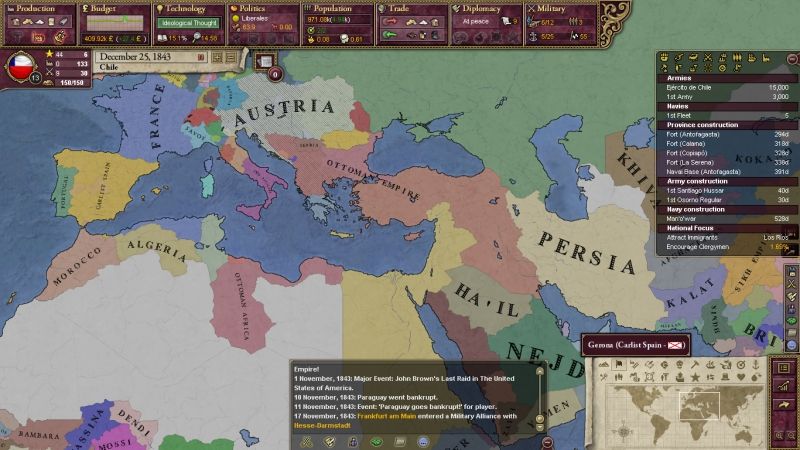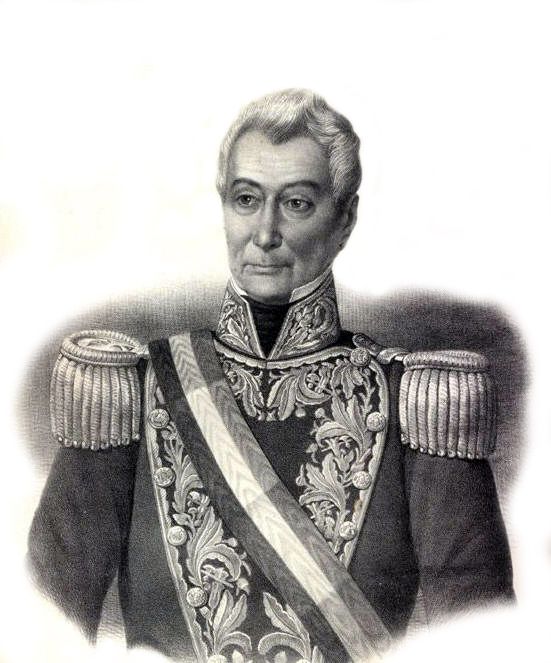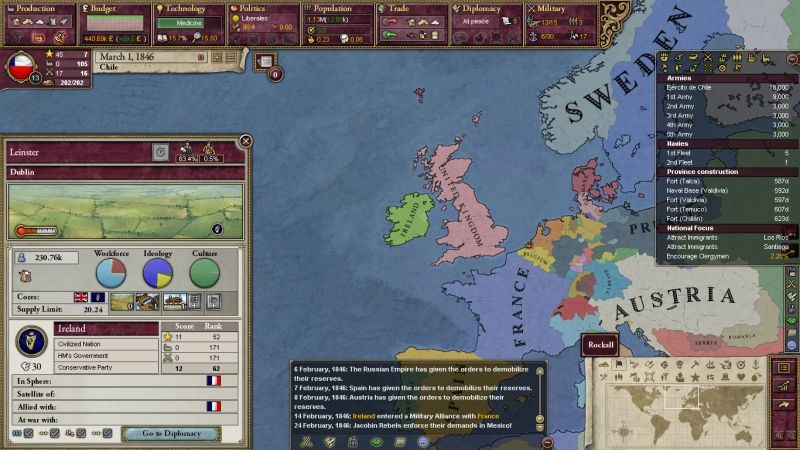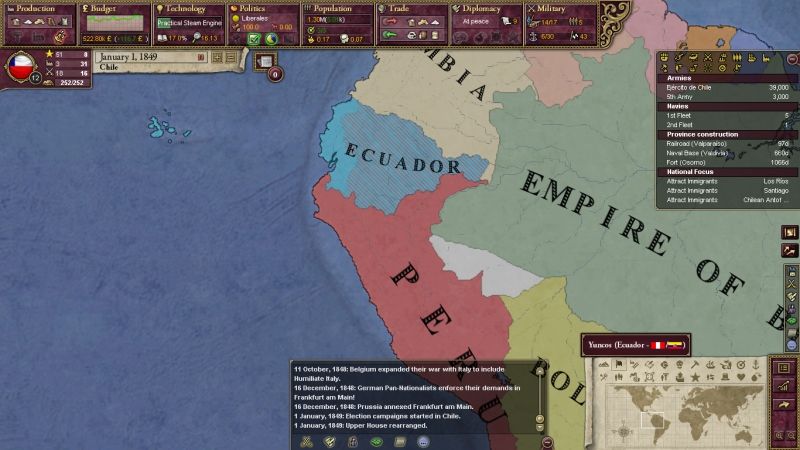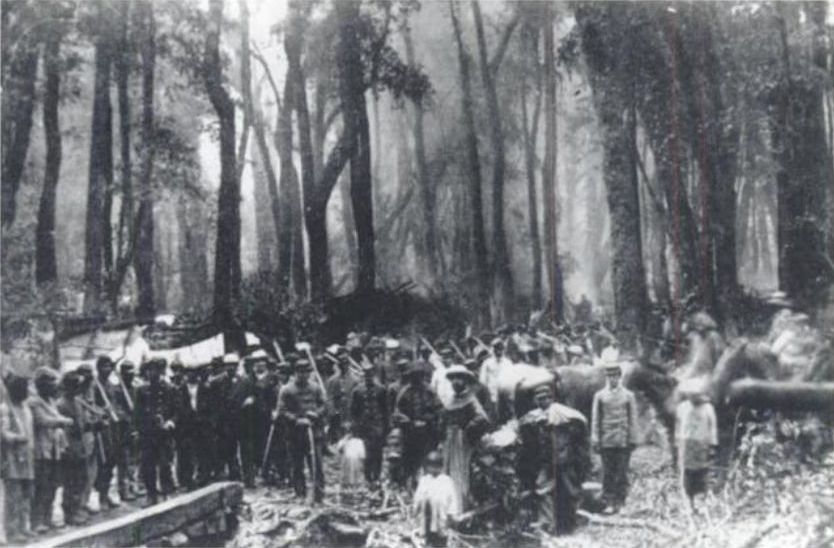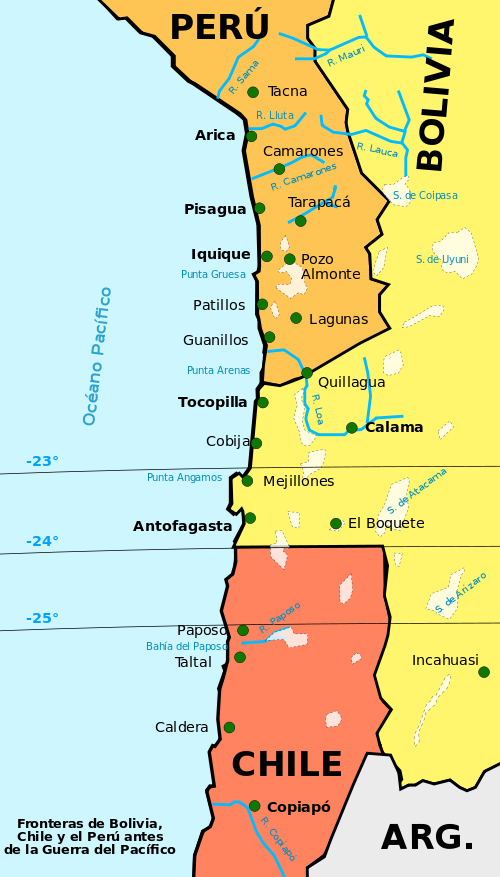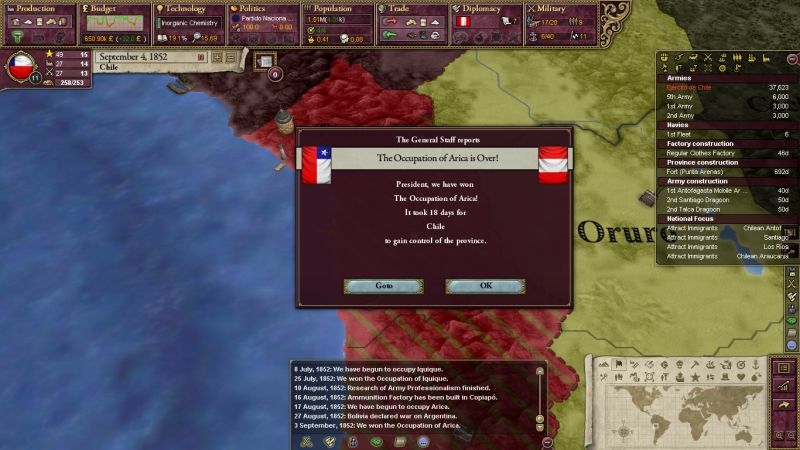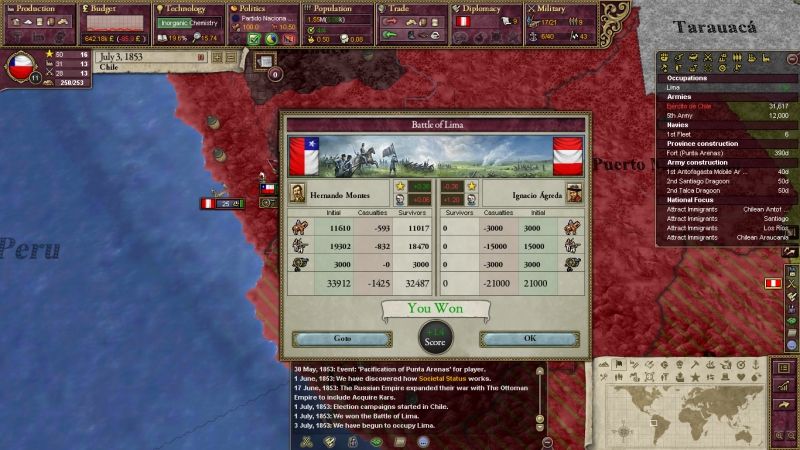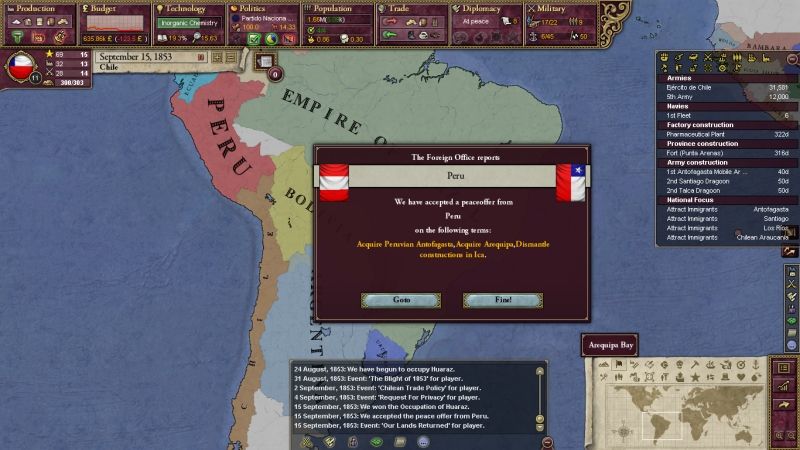Chapter V - Our Force Proven - The War of the Bankers
With the total defeat and humiliation of Chile's worst rival Peru, the country could turn her attention towards domestic matters. Immigration was continuing to flow inwards, the economy was healthy (including the initial government industries), and Chile was widely regarded as a regional power.
Though the Chilean military was weaker than Brazil's or Mexico's, in terms of cultural achievements, global prestige, and industrial strength, she surpassed anyone in Latin America. Some would call Chile a great power, but Chile hadn't yet grown into that title.
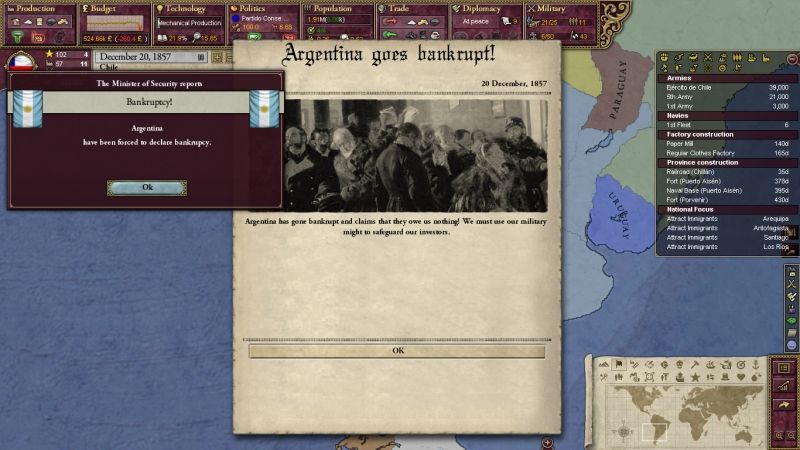
State bankruptcies were common in the 19th century, particularly in Latin America where many nations struggled for cash. Argentina was one of them, and in 1857 they declared bankruptcy. As Chilean investors had poured millions into the development of the nation, some sought recompense for their lost funds through warfare.
Faced with a struggling Chilean economy in the wake of the War of the Pacific and Peruvian patriots in the conquered lands, President Montt was forced to engage in gunboat diplomacy and in early 1858 an ultimatum was sent to the Argentine government seeking repayment of various debts they owed Chilean investors, some dating as far back as the War of the Confederation. As Argentine President Justo José de Urquiza refused such requests, a crisis was brewing in the South.
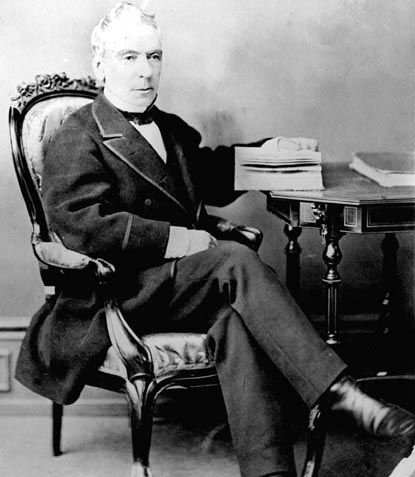 President José Joaquín Pérez
President José Joaquín Pérez
But elections were fast approaching, and President Montt chose to step down. To confront the approaching crisis, Liberals and Conservatives agreed to nominate one man for President, José Joaquín Pérez, a former diplomat who had served in Mexico, the United States, and France. Perez was thus elected unanimously with only complaints from the most radical liberals and nationalists.
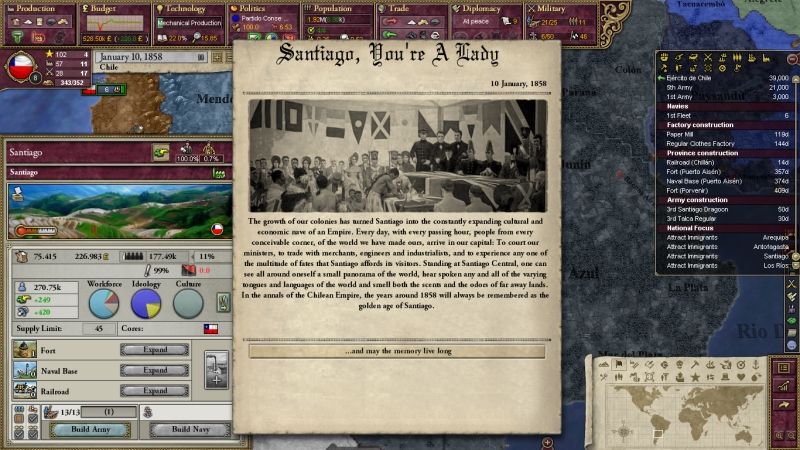
Despite the brewing crisis and breakdown in relations with Chile's neighbour, Santiago had become a city of major renown, and many viewed 1858 a particularly nostalgic year in the capital. Though Santiago was smaller than the seaport of Valparaiso at this time, it was viewed as the culturally superior city in the eyes of the world.
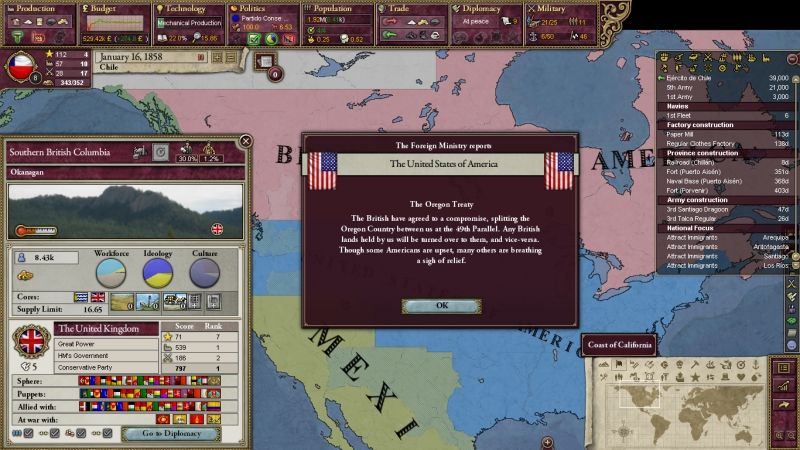
And indeed, 1858 was an eventful year. Fresh out of the American Civil War, the United States chose to fulfill Manifest Destiny and conquer Mexico, whose power had been rising in recent years. [1] During the conflict, the US signed the Oregon Treaty with Britain to secure their northern flank at the cost of handing over Okanagan Territory, which many Americans hoped would become a state.
But back in South America, the War of the Bankers, as it was called, began on May 3, 1858, following a suspicious border incident in the Andes involving an Argentinian patrol. While the Argentine men were quickly detained, the Chilean government took it as a reason to declare war.
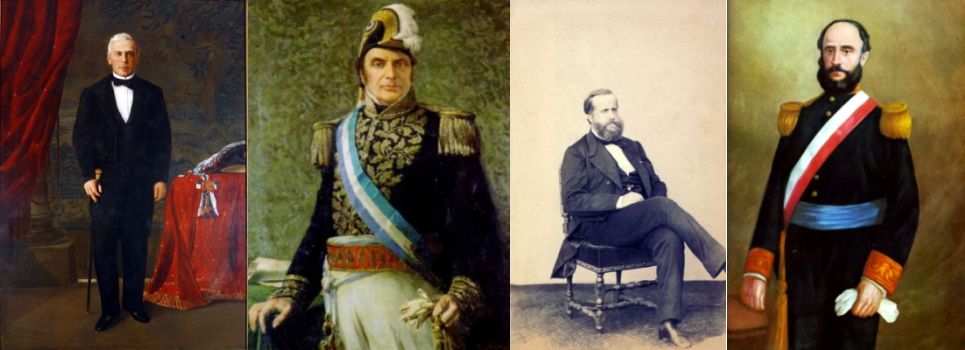 State leaders in the War of the Bankers. Left to Right - President of Chile José Joaquín Pérez, President of Argentina Justo José de Urquiza, Emperor of Brazil Pedro II de Braganza, President of Peru Pedro Diez Canseco
State leaders in the War of the Bankers. Left to Right - President of Chile José Joaquín Pérez, President of Argentina Justo José de Urquiza, Emperor of Brazil Pedro II de Braganza, President of Peru Pedro Diez Canseco
Within days of the war declaration, Brazil joined forces with the Chileans to force President of Argentina Urquiza to repay the war debts as well as assert dominance in the region. Peru, Argentina's ally against the rising Chilean threat, joined in as well. The War of the Pacific still stung in the memories of many Peruvians.
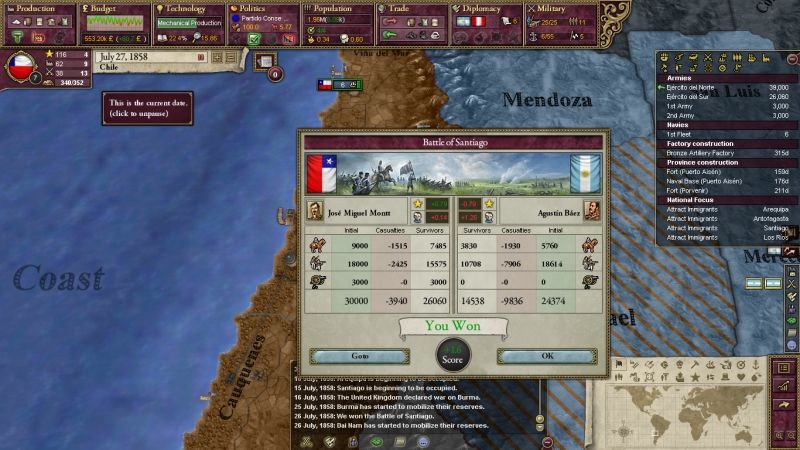
The first major battle of the war was also one of its most decisive. For most of June, Chilean forces had raided into Argentina and occupied parts of it while awaiting news on the approaching Argentine Army. On July 13, the Argentinian forces crossed the border, and two days later met the Chilean Army at Puente Alto outside of Santiago. Though Argentina held the best ground and had superior French-built weapons, the Chileans once again proved victorious with their better cavalry tactics as well as artillery use. Many artillery batteries were manned by Aimara Indians from the conquered regions in the north, and they became legends in the country for their surprising skill.
Following this victory, President Perez issued one order to the army--capture Buenos Aires. The army took this to heart, and blazed a trail across Argentina, seizing key cities throughout the Pampas.
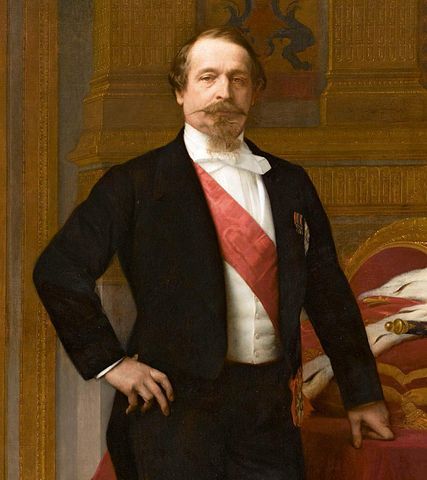 Emperor Louis Napoleon Bonaparte, an enemy of Chile
Emperor Louis Napoleon Bonaparte, an enemy of Chile
But the war was to be tragically cut short when the French Empire under Napoleon III intervened in the war in the favour of their ally Argentina to protect French interests in the area. [2] While the Chilean government protested to the United States to stop this violation of the American Monroe doctrine, there was no response and the French were allowed to interfere in domestic affairs.
Still, Perez refused to allow Louis Napoleon's threats to cow him. Giving up the cause of the War of the Bankers would cause a major loss of Chilean prestige worldwide. If Chile was determined to stand amongst the Great Powers, she must prove herself in the face of the French.
Throughout the rest of 1858, more battles occured throughout Chile as both Argentine and Peruvian raiders attempted to somehow defeat the Chilean behemoth. Raiders in the Coquimbo Region plundered the ever important silver mines, which caused massive losses in the Chilean economy. Peruvians defeated a brigade of new recruits near Puno before themselves being defeated by a larger Chilean force. Many veterans of the War of the Pacific fought each other again in that battle.
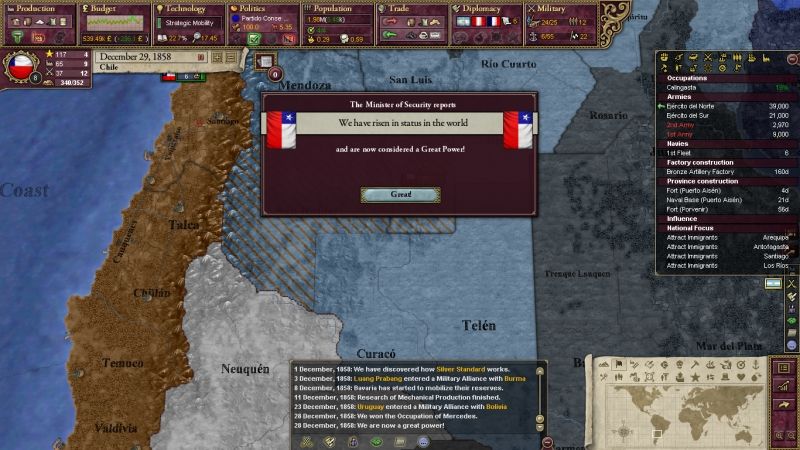 Great Power at last
Great Power at last
This act of defiance in the face of the French led to many deeming Chile a great power by the end of 1858. Time would tell if the nation could hold onto that status.
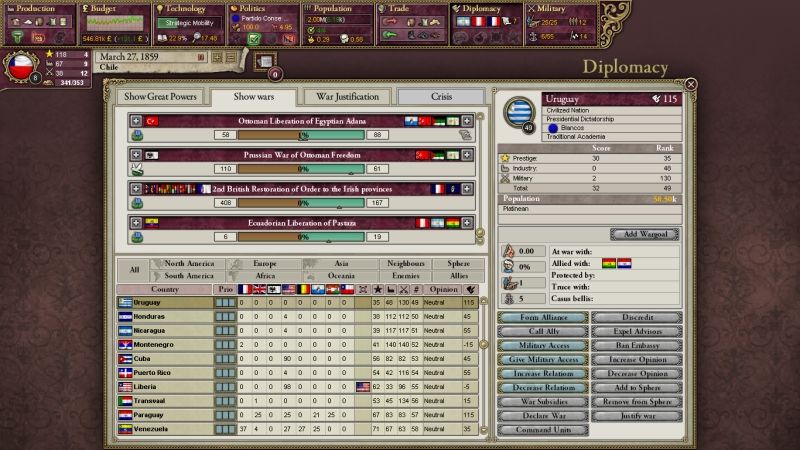
It seems the world cannot stay at peace for too long. French involvement in South America led to a second British attempt to reconquer Ireland, sparking another grand conflict in Europe. Locally, Ecuador attempted to regain their lands lost to Peru that draws them into conflict with Argentina and Bolivia, who have remained neutral in the War of the Bankers thus far.
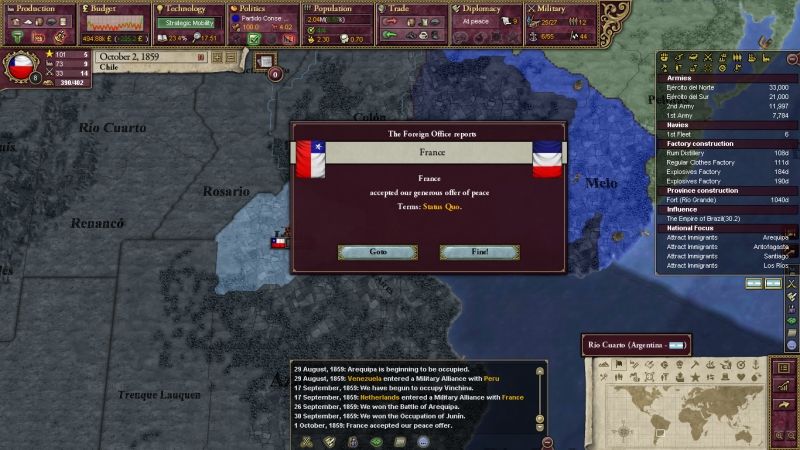
However, Brazil bore the full brunt of the French intervention. With key cities in the North and Pernambuco occupied, the Brazilian government was desperate for help. The French offered kind terms--status quo ante bellum, with a wink that if the Chilean government didn't agree to it, things could get a lot worse. Staring down the barrel of a rifle, the Chileans signed peace with their main army less than 60 kilometers outside of Buenos Aires. The campaign and the War of the Bankers had failed, but Chile had gained respect from nations like the United States and Great Britain.
[1] - I didn't even know you could have the Civil War before the Mexican American War, that doesn't make too much sense.
[2] - I had expected this to happen with the French being at "Friendly" with Argentina, but I hoped they wouldn't notice or they'd be inefficient in helping out Argentina. Oh well.


